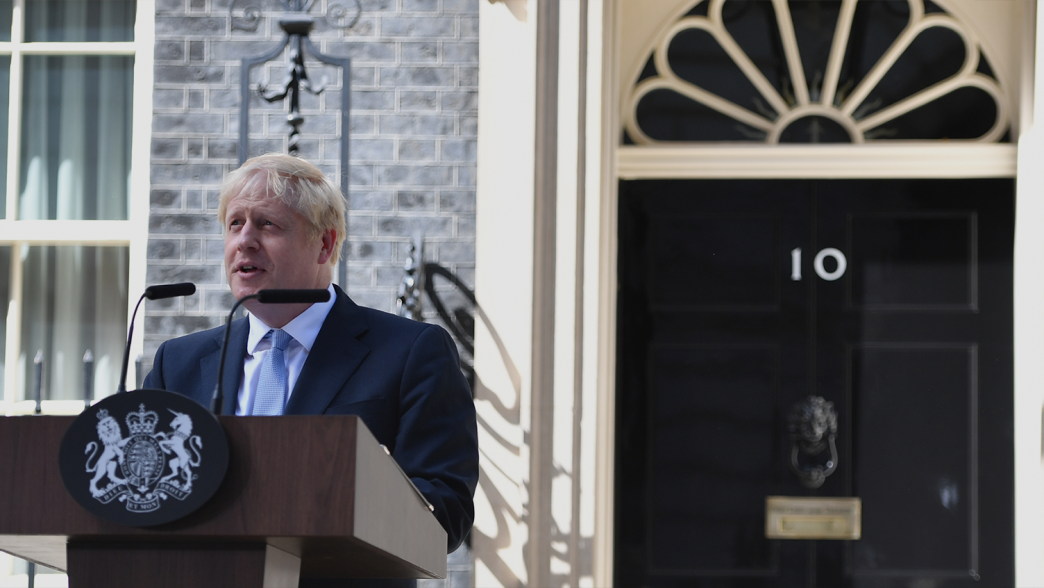Mixed progress on government manifesto pledges: half completed by many at risk
Over half of the Conservative manifesto pledges are completed or on track – but 41 pledges are at risk of failure or have been delayed or abandoned.

A new Institute for Government report has found that over half (55%) of the Conservative government’s manifesto pledges are completed or on track – but 41 pledges are at risk of failure or have been delayed, suspended or abandoned.
Published today, The 2019 Conservative manifesto half-time analysis updates the IfG’s manifesto analysis from April 2021. Since then 19 more commitments have been completed, and work has now started on 23 promises which had yet to start in April. However, the number of pledges at risk has nearly doubled from 17 to 30, while work is yet to begin on a further 24.
The IfG’s analysis also illustrates that more thought needs to be given to how manifesto pledges interact with each other. In 2019, the Conservatives promised to fix big problems facing the country – like reforming social care, improving digital and physical infrastructure, and delivering ‘world-class’ public services – while also pledging not to raise the three main taxes or borrow to fund day-to-day spending. Their manifesto baked in contradictions which would have emerged regardless of the impact of coronavirus.
Looking ahead to the remainder of the parliament, the report highlights three areas of substance where the government has the most work to do: health, ‘global Britain’ and net zero.
Health
The government has delivered on its commitment to invest record sums into the health service – spending on NHS England is planned to be £38.9 billion higher in 2024/25 than 2019/20 in cash terms.
But it is off track on its promises to build 40 new hospitals, to hire 50,000 more nurses, 6,000 more GPs, 26,000 more primary care professionals, and to make 50 million extra GP appointments available per year.
Global Britain
The government has suspended its pledge to spend 0.7% of gross national income on international aid and dropped its commitment to increase the defence budget by at least 0.5% above inflation every year of the new parliament.
Delivering on the promise for 80% of UK trade to be covered by free trade agreements – figures for 2021 (Q1 and Q2) show just 61.8% of trade is covered – would require securing a trade deal with the US, which is very unlikely to happen during this parliament.
Net zero
The government can point to progress on its environmental ambitions, with new laws on air quality passed and £800 million allocated to building the first fully deployed carbon capture storage cluster by the mid-2020s, for example.
But there remain big questions about how the 2050 net zero target will be reached, and whether specific promises on the energy efficiency of buildings and rapid electric car charging infrastructure will be completed.
IfG researcher and report author Jordan Urban said:
“The government has completed, or is on track to complete just over half of its 2019 pledges. But as we near the – probable – half way point of the parliament there is plenty of work still to do – and plenty of manifesto pledges not on course for completion. If the government wants to legitimately claim that it has delivered on its manifesto at the next election then it needs to focus on outstanding pledges on health, ‘Global Britain’ and net zero.”
Notes for editors
- The Institute for Government is an independent think tank that works to make government more effective.
- For more information, please contact press@instituteforgovernment.org.uk / 0785 031 3791.
- Keywords
- Health Global Britain Tax Social care
- Political party
- Conservative
- Administration
- Johnson government
- Public figures
- Boris Johnson
- Publisher
- Institute for Government